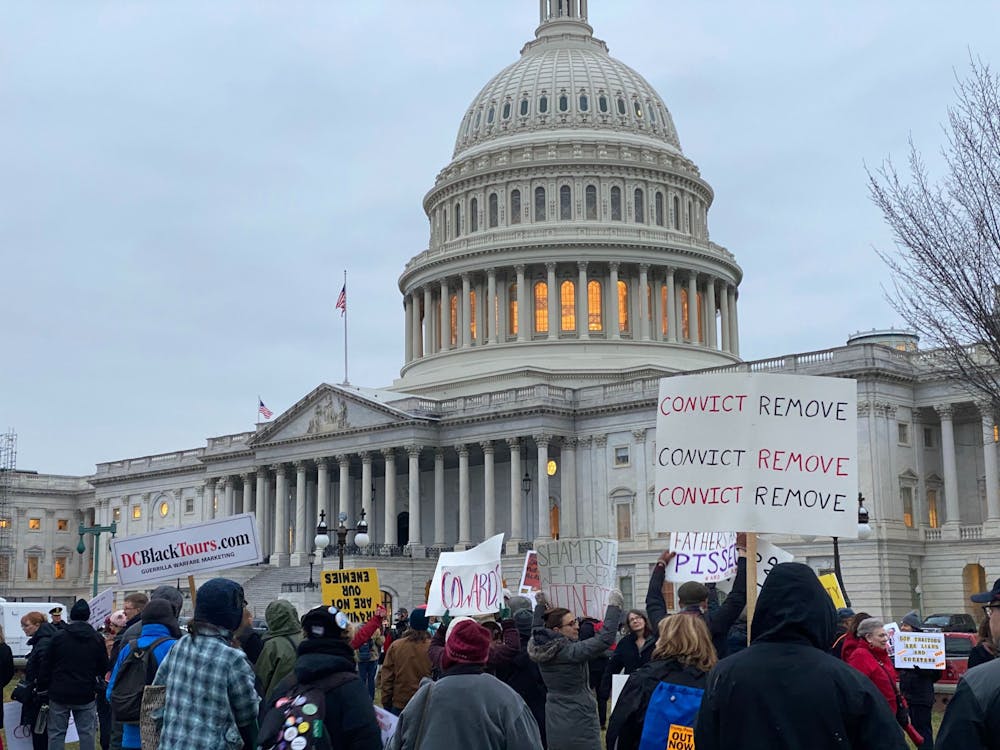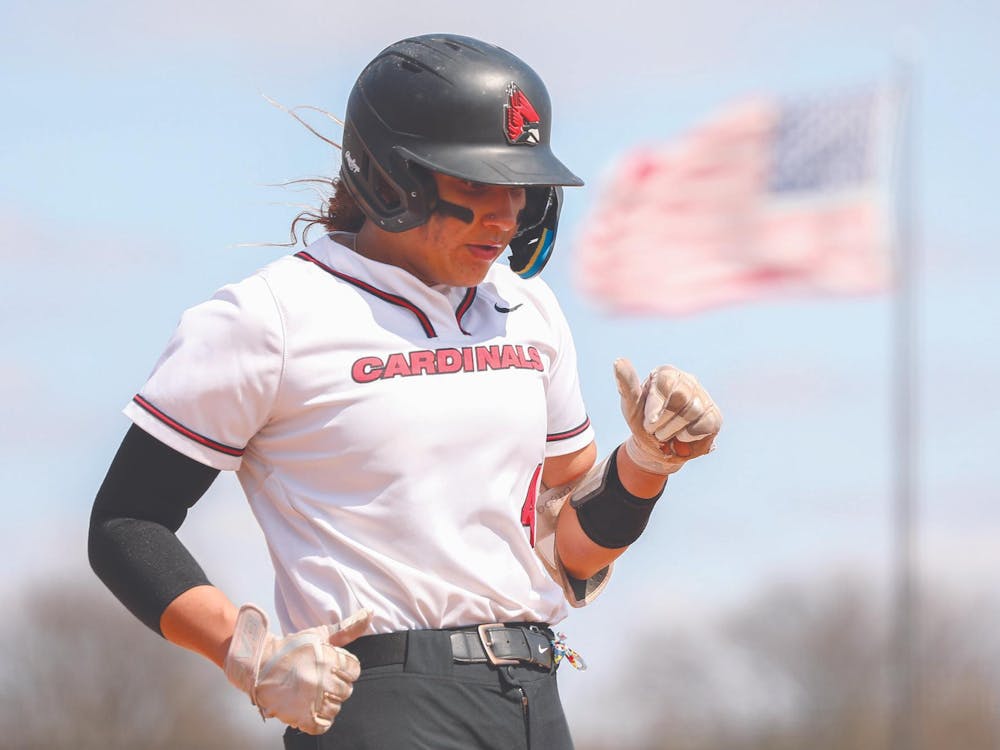In 2020, apart from the presidential election, American voters will be casting their ballots for all 435 seats in the U.S. House of Representatives, one-third of the seats in the U.S. Senate, 13 state and territorial governorships, other state and local elections and possible ballot measures.
Important dates for the 2020 primary elections:
April 6 (by midnight): Voter registration ends April 7: In-person absentee voting available April 23 (by 11:59 p.m.): Postal absentee ballot request deadline May 4 (by noon): In-person absentee vote deadline May 5 (6 a.m. - 6 p.m.): Primary election day
Indiana residents can register to vote both online at https://indianavoters.in.gov/ or in person at their local polling location. A valid form of ID is required for both options.
Indiana residents who cannot attend a polling location on Election Day can also apply for an absentee ballot by mail or vote absentee in-person at their county election board office beginning 28 days before Election Day.
Important dates for the 2020 general elections:
May 19: Voter registration begins Oct. 5 (by midnight): Voter registration ends Oct. 6: In-person absentee voting available Oct. 22: (by 11:59 p.m.): Postal absentee ballot request deadline Nov. 2 (by noon): In-person absentee vote deadline Nov. 3 (6 a.m. - 6 p.m.): General election day
Sources: U.S. Vote Foundation, 2020 Indiana Election Calendar, USA.gov
Lynn Teter wasn’t always politically involved.
While the 2016 election was her initiation into politics, the Ball State elementary education freshman said the 2018 shooting incident at Stoneman Douglas High School in Parkland, Florida, and the events that followed got her interested in political activism.
“I've always been aware of politics, but I think [that’s because] I grew up in Bloomington, which was a really liberal town, and my school’s like — a lot of people are very politically active there,” Teter said.
Her interest in political activism and engagement is what drew Teter to the Ball State College Democrats and, eventually, Sen. Cory Booker’s (D-N.J.) campaign for president.
Before Booker ended his presidential bid Jan. 13, Teter was working to get him on the ballot in Indiana by collecting Ball State student signatures.
According to the Indiana Secretary of State’s 2020 Candidate Guide, Democratic or Republican candidates participating in the U.S. presidential primary or seeking nomination in the primary election for governor must collect at least 500 signatures of registered voters in each of Indiana’s nine Congressional districts and a minimum of 4,500 signatures statewide.
Teter only worked for the Booker campaign for two days prior to Booker’s decision to drop out of the presidential race. During that time, she collected 100 signatures from Ball State students for his campaign.
Chad Kinsella, assistant professor of political science at Ball State, said being involved with the College Democrats and working with presidential campaigns are signs of both the Democratic and Republican bases becoming more politically active ahead of the 2020 race.
“That's [the political parties’] lifeblood — keeping people active — because if they're not active, then people … don't turn out,” Kinsella said.
Working for individual campaigns is just the start for the College Democrats, who do not endorse primary candidates. Dominic Bordenaro, president of the organization, said he and the rest of his organization plan on supporting whoever secures the Democratic nomination.
Bordenaro said a more excited electorate will help the Democratic Party avoid a low voter turnout, which he believes contributed to Hillary Clinton’s defeat in the 2016 presidential election.
President Donald Trump, despite winning 2.8 million fewer popular votes than Clinton, won 77 more electoral college votes than his opponent, according to the Federal Election Commission.
An activist’s job, Bordenaro said, is to make sure people turn out and vote by knocking on doors, registering voters and getting information out to the public.
In October 2019, Ball State’s Student Government Association recognized the College Democrats’ efforts to register more than 350 new voters prior to the 2019 elections.
“If they're calling themselves an activist and they're not doing those things … they're not an activist,” he said.
Bordenaro said if the Democratic base turns out, he feels optimistic about the Democrats’ chances in 2020.
Across the aisle, Ball State College Republicans Chairman Gaven Schulz said he feels a similar sense of optimism for the Republican Party but for different reasons.
“I think [Trump’s impeachment] kind of united us to support him because I think there'd be a lot more people who would be iffy about supporting him if it weren't for the three-year long impeachment process that the Democrats have gone through,” Schulz said.
Following the conclusion of the presidential primaries in the summer, Schulz said, the College Republicans will also be participating in the 2020 election in the fall. He and members of the organization will be knocking on doors and phone banking for the reelections of Trump and Indiana Gov. Eric Holcomb.
In addition to her work with the 2020 election, Teter said she is passionate about issues like gun control, having participated in her high school’s walkout protest after the Parkland shooting.
Being an elementary education major, she said she is also passionate about education reform.
Teter said Red for Ed and its goals of improving teacher pay and classroom support is another cause she would consider supporting.
“I definitely have taken interest in the Red for Ed movement,” she said. "I unfortunately was not able to attend the recent protest.”
Teter said she believes education in Indiana has become a challenging environment for new teachers to enter. After graduating, she intends to work as a teacher in Indiana.
Contact John Lynch with comments at jplynch@bsu.edu or on Twitter @WritesLynch.





